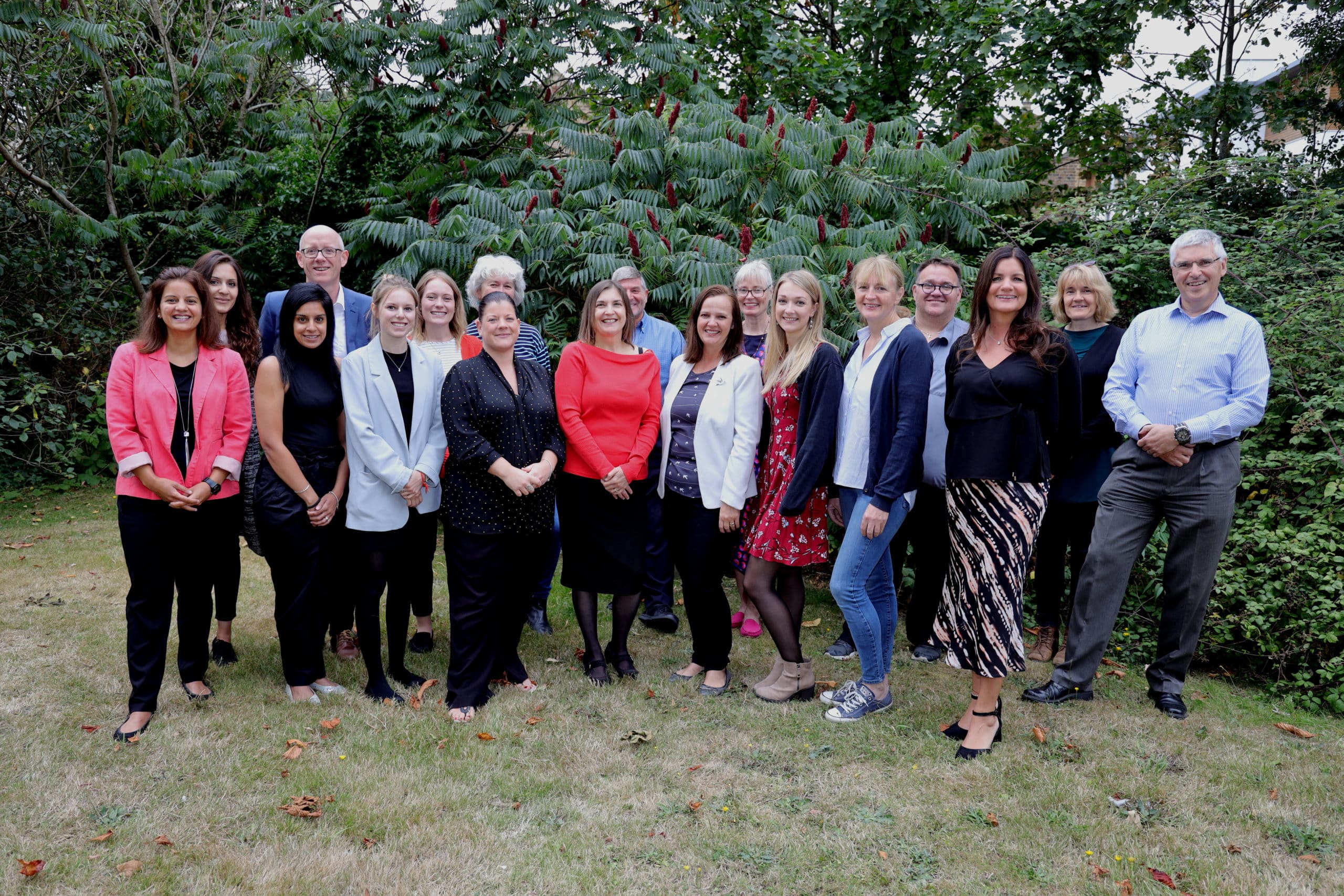How the lockdown and its on-going uncertainties will affect our mental health won’t be completely understood for some time, but it has been one of the most worrying indirect issues of the Coronavirus in the UK. Recognising this concern early on, the Community Foundation for Surrey quickly awarded £118,000 in emergency grants across mental health organisations in Surrey.
These organisations, such as Surrey Heath Age Concern (SHAC), are supporting elderly residents who are dealing with on-going anxiety from being in the high-risk category or suffering bereavement because of the loss of their spouse. And others, like Emerge Advocacy, are offering crucial emotional support to Surrey’s young people who are dealing with mental health issues without access to their usual coping resources. Each are now facing new the challenge of isolation.
Surrey Heath Age Concern’s befriending scheme and regular telephone calls to its service users means that since lockdown started Tracy Hiney, the Charity Manager, and her Befriending Coordinator, Angela, are making upwards of 50 check-in phone calls a day. For Joy Wright, the founder of Emerge Advocacy, it has meant a mass outreach strategy to every young person they’ve met in hospital over the last 6-months:
“We sent a little text just to say ‘hi, we’re just checking in and we’re offering extra support during lockdown, if you’d like a chat just let us know.’ And quite a few young people got back to us and said ‘Yes, please!’ That’s why I’ve been extra busy, because although we’ve not been going and getting new people [at the hospital] we’ve actually got back some people that we had previously finished with.”
What has held true in both Tracy and Joy’s outreach experience during almost 10 weeks of lockdown is that each person, regardless of age, needs a meaningful connection and the reassurance that someone cares during trying times.
Tracy has prioritised this type of connection at SHAC, “I mean, the Council do very well. They’re phoning [elderly] people once a week, but it’s ‘Ok, have you got enough food and everything you need?’ They need more than that. They need to talk about their family. They need to talk about what they’ve done in their life. They need to talk about their worries. That’s what we do.”
These worries, Tracy says, are things such as collecting their prescriptions, food parcels and fears of getting the virus. Some worry about being a burden to their loved ones, “sometimes they don’t want to tell their families [about their worries or needs] because they don’t want to worry their families, but they’ll talk to someone that’s a little bit distant. I’ve built a trust with them.”
Listening to fears and sadness is common right now for mental health professionals. Joy found Emerge Advocacy has been able to offer similar support to its young clients. A girl whose mother had passed away, recently spoke of how much sadness she was feeling. Despite encouragement from Emerge she wasn’t comfortable speaking with her dad about this sadness for fear of making him sad during an already difficult time.
Having a reliable and caring support service that exists outside the immediate family has been an essential comfort for many people in Surrey during this tense and raw period.
Joy says the Foundation’s grant has meant they were able to achieve their foremost priority of maintaining continuity in their services to help avoid any young people “spiralling” in crisis.
“We really are running at capacity at the moment in terms of the amount of support that we’re able to give. I even had a mum say thank you for supporting her daughter through this crazy time, [keeping up the conversations] have helped her to just feel a bit more normal about things.”
Joy says it was the “insightfulness” of the Foundation, in anticipating the need for mental health services and awarding grants quickly, that ensured that Emerge Advocacy could meet its increased demand.
“We’re just really grateful to the Community Foundation that they were so responsive and made the process so streamlined. They trusted us to know that we’re still going to do our best for young people, sure we’ve had to pivot but we’re still going to be doing what we’re set up to do in the midst of all of everything.”
For Tracy the grant has been a crucial stopgap that has helped them stay afloat. It has covered the short-term loss of income from closing The Rainbow Café in March. The café, which acts as a community meeting space for those 50 years or older, usually made just enough to cover salaries and the expenses of the befrienders. In the long-term Tracy knows she’s going to have to apply for additional funding. The staggered lifting of restrictions means all of her clients will be the last ones under lockdown and require assistance the longest.
But she will “persevere”, as she says; “they’ve been through their lives. They’ve done so much. And they’ve got to be treated with respect and kindness.”








